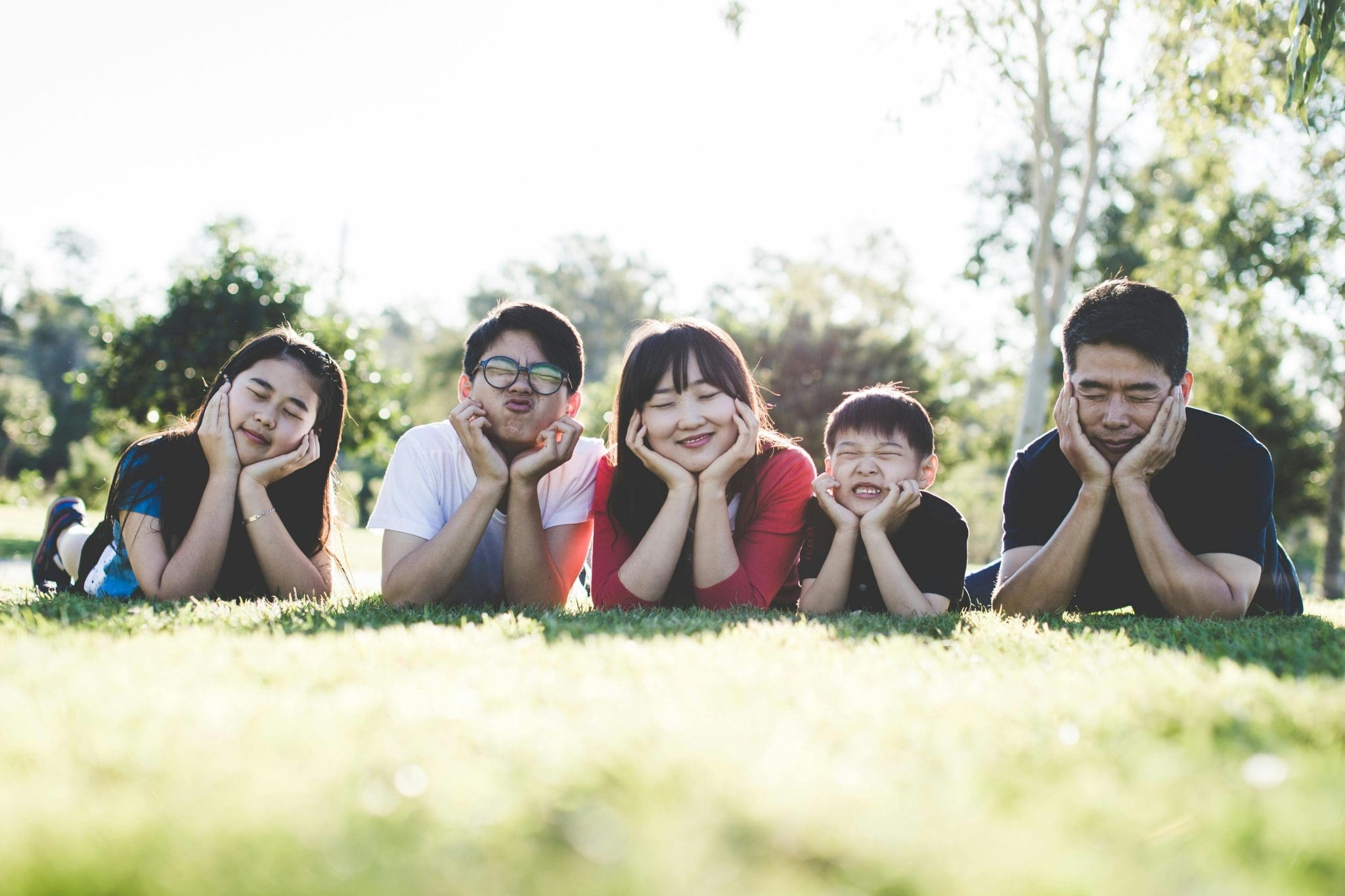
Telling children about a follicular lymphoma diagnosis can be a difficult task. It’s natural to want to protect them from distress, but being open and honest is often the best approach.
Here are some tips to help guide this challenging conversation:
Take the time to process the news yourself before talking to your children. Emotions are powerful and can be overwhelming, yet the more you are prepared for those difficult conversations, the more able you will be to cope. An excellent strategy is to make a list of the key points you want to share so that they don’t get forgotten once reactions take over. It may also be helpful to go through your thoughts and feelings with someone close to you for clarity and reassurance, or you may find having someone with you helps.
Choose a calm and quiet environment where you feel safe and in a familiar setting. It’s best to avoid telling children right before bedtime so they have time to process before going to bed. If you have more than one child, try and tell them at the same time, or as close together as possible. Depending on the ages, it may be helpful to tell the older child first, but you shouldn’t wait long before telling any other children so it’s an open and honest environment. If you have a partner, or someone that you and your children are close with and trust, it may be better to tell them all together. You will appreciate the support and the children may need validation from someone other than yourself.
Answer any questions as honestly as you can but remember it’s okay to say “I don’t know” to questions for which you don’t have the answer. It is good advice to try and stick to the present situation and not venture into “what might happen” territory.
Children will take their cues from their parents; if you are ok, then your child will feel reassured by this. Conversely, children are very perceptive and will pick up on the fact that you may be worried or feeling depressed, however young they are.
Let your children know that they will still be loved and cared for, whatever happens. Encourage them to ask questions and express their feelings. You can set this expectation going forward – this is the beginning of a journey which involves everyone and is important to be open, honest, and expressive throughout.
Explain cancer in simple terms for younger children and provide more detailed information for older children. Younger children may need to understand that cancer is not contagious, and they are not at risk. And that nothing happened to cause the cancer, especially not by them. It’s an overwhelming experience for any child regardless of age, so simplicity, honesty and reassurance are key.
Tell your children about follicular lymphoma, what it is and where it lives in the body. Be open about your treatment and what that might mean to the family as a whole. Changes in routine, your ability post-treatment, and any side effects throughout. Remember that you don’t have to cover everything at once and appreciate that you are learning too. For questions you’re not sure about, make a note and let them know that you will try to find out.
It is also important that all the key people in your child’s life are aware that you are having treatment and that there may be some adverse behaviour due to worry and stress. Talking to their teachers and seeking professional counselling are good options to consider.